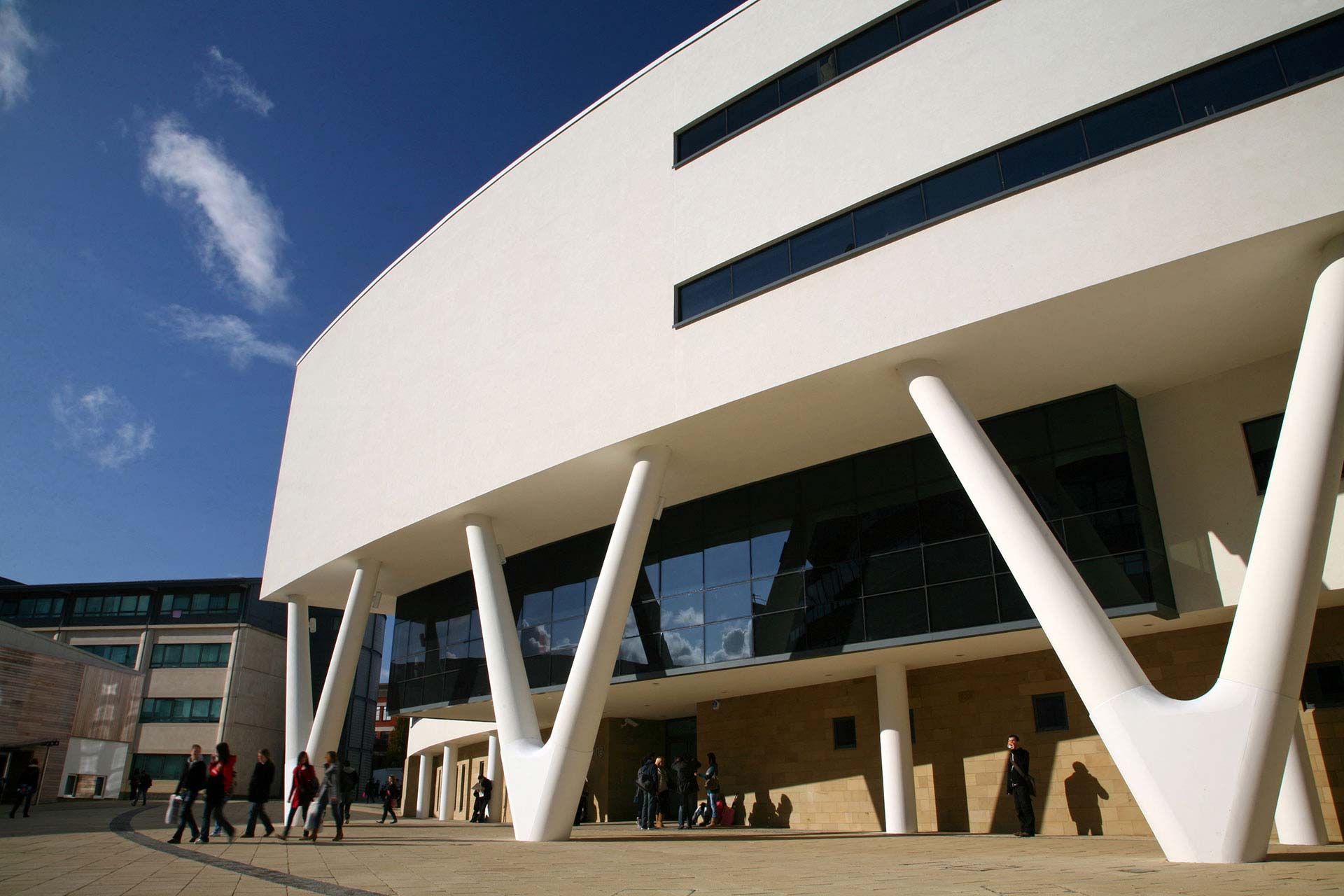
Research governance and ethics
Research governance and ethics within the School of Arts and Humanities
All research within the School of Arts and Humanities is conducted to the highest possible ethical standards that are compliant with the Concordat on Research Integrity. The concordat sets out 5 main commitments:
- Maintaining the highest standards of rigour and integrity in all aspects of research.
- Ensuring that research is conducted according to appropriate ethical, legal, and professional frameworks, obligations and standards.
- Supporting a research environment that is underpinned by a culture of integrity and based on good governance, best practice and support for the development of researchers.
- Using transparent, robust and fair processes to deal with allegations of research misconduct should they arise.
- Working together to strengthen the integrity of research and to review progress regularly and openly.
The School is committed to promoting all aspects of these research commitments and complies with the University's Code of Practice for Research, Ethics and Integrity Policy and the University's Procedure for Research Misconduct (see the 'Documentation' section on the Concordat to Support Research Integrity page).
School Research and Enterprise Committee (SREC)
The SREIC is responsible for implementing the University’s policies and procedures in relation to research governance, ensuring that all research carried out in the School is reviewed for ethical standards. As such, its terms of reference should include:
- operational responsibility for the implementation of the University’s policies and procedures in relation to research ethics
- ensuring that staff and students have appropriate training in the ethical conduct of research – including health and safety issues
- establishing and disseminating procedures for the ethics approval process
- ensuring that relevant guidance and forms are readily available
- establishing review mechanisms for research projects to ensure continued compliance with the ethical approval process
- submission of minutes and reports on its activities, as required,
The Committee meets once per term and has an agreed membership that reflects the expertise and breadth of experience that is required to provide comprehensive and rigorous review.
Membership of the Ethics Committee
Chair: Rowan Bailey
Members:
- Claire Barber (DoGE/PGR)
- Jan Herbst (Music)
- Kevin Colls (History/Literature)
- Yun Gao (Architecture and the Built Environment)
- Anneke Pettican (Art and Design)
The Ethics Committee is part of the School Research and Enterprise Committee, and it reports into that once per term. There is an ethics working group which reviews applications.
Procedures for obtaining ethical approval for all research projects, including research grant applications and internal peer review process
The School applies a rigorous internal peer review process to all applications for research funding. The purpose of this process is to provide support to staff during the grant application process and ensure that all applications are of the highest possible standard and this includes issues related to Research Integrity and Ethics. In the context of ensuring that research activity within the School is conducted to the highest ethical and scientific standards, all staff and students (undergraduate and postgraduate) are required to follow the procedures outlined in the flow chart followed by completion and submission of the appropriate application form.
Consideration for ethics approval requirements
No Specific Ethics Declaration Form A
Ethical Review – Limited or Significant Risk Form B
Research Ethics and Integrity Framework
The School complies with the Universities policy on Research in Security Sensitive areas as outlined in the University research ethics and integrity document
Security sensitive research projects are defined as:
- Studies commissioned by the military
- Studies commissioned under an EU security call
- Studies that involve the acquisition of security clearances
- Studies concerning terrorist or extreme groups
The School will capture/identify these studies during the ethical approval process outlined above and complies with procedures regarding secure storage of data.
Training, development and monitoring
The University will offer training and briefing sessions, co-ordinated and facilitated by the Research and Enterprise Office in collaboration with the Staff Development Office.
The University through the provision of guidance notes will provide guidance and support and web-based resources that can be accessed via links on the Research and Enterprise webpages or Brightspace as appropriate.
All new members of staff are required to meet with Dr Rowan Bailey, or Unit of Assessment Lead, as soon as they start in post. This constitutes a formal component of the induction process, the purpose of which is to inform new members of staff about the Universities and Schools policies on Research Integrity and Ethics.
Compliance to research ethics and integrity will be discussed during staff appraisals (twice a year).
All new postgraduate research students will be required to attend presentations on research integrity and ethics as part of their induction process. School ethics training and induction are available through school training programme, run twice a year and recorded sessions are available on Unilearn.
Research ethics approval is a formal requirement of submission during the first progression monitoring stage for all PGR students. PGRs have access to our online Introduction to Research Integrity course on Brightspace and completion of this is mandatory before Progression Monitoring 1 for PhD researchers, and before submitting the research support plan if you are a Master's PGR.
The training offered by the School through our induction process is sufficiently flexible to provide subject or discipline specific guidance and training. Links to other professional bodies include:
Research in Architecture and the Built Environment
Research in Architecture and the Built Environment enables you to discover innovative solutions in a dynamic and professional environment.
Research in Art & Design and Fashion & Textiles
A creative and interactive research community designed to nurture and develop your talent.
Conferences
Find out more about conferences and events in Art, Design and Architecture